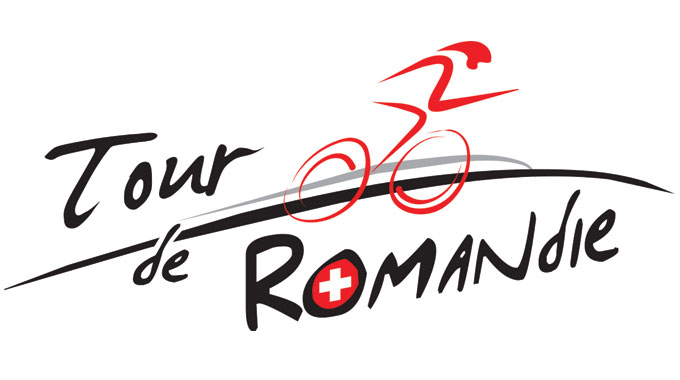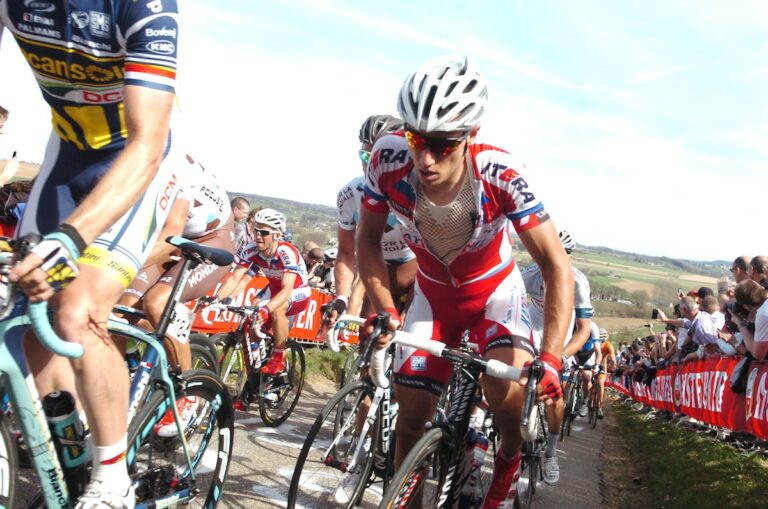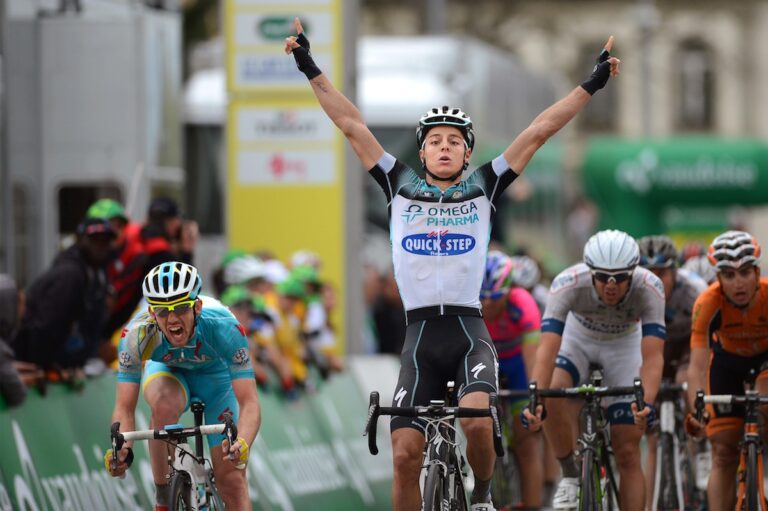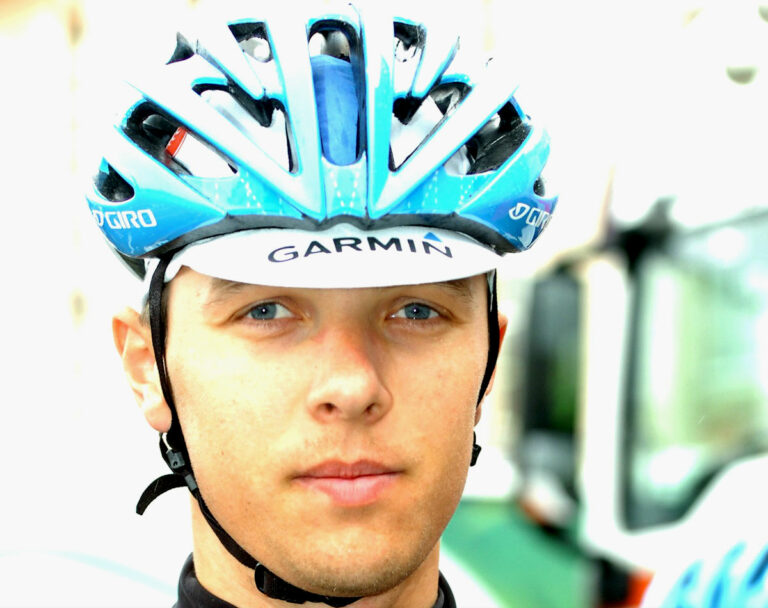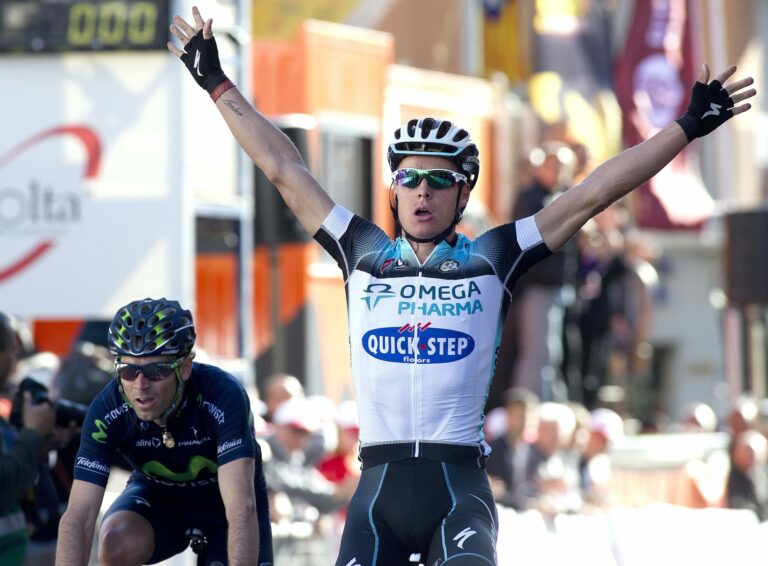The Tour de Romandie has in recent years gained a reputation as the most significant predictor of success in the Tour de France on the spring calendar.
Chris Froome’s victory in this year’s edition looks set continue a recent run begun by Cadel Evans’ Swiss triumph in 2011. The Australian scored his greatest victory just three months later.
Similarly, Bradley Wiggins’ victory at the Tour de Romandie last year was seen as another significant step on the road to a Tour de France victory that with hindsight looked inevitable.
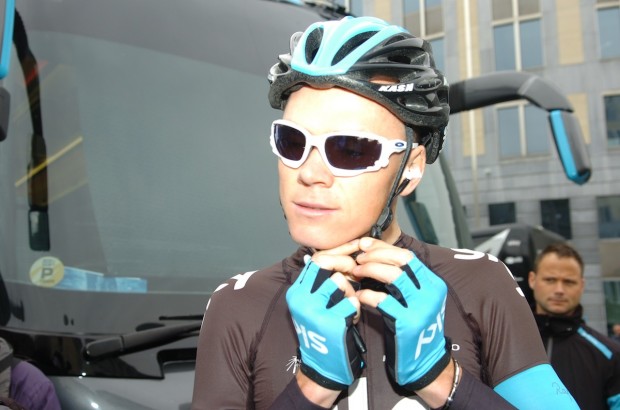
What than can we conclude from this year’s edition, one in which a Chris Froome-led Team Sky delivered yet another dominant performance? Here are five observations.
Froome is ready
The most obvious conclusion from last week’s events in southern Switzerland is that Chris Froome is more than capable of leading Team Sky to victory in the Tour de France. An impressive prologue victory proved again that in any other team than one containing Wiggins, he would be regarded as the strongest competitor for races against the clock.
Far more impressive, however, was his performance on stage four. Dragged to the scene of the action by Team Sky, Froome took matters into his own hands on the stage-closing climb to Les Diablerets, cruising up to the breakaway, before charging after Simon Spilak (Katusha) and magnanimously gifting him the stage after the pair worked to establish an unassailable lead: the mark of a man who knows greater prizes await him.
Katusha continue their excellent season
The Russian outfit regained its place in professional cycling’s top tier only after taking its case to the Court of Arbitration for Sport. Katusha’s riders have proved that theirs is a squad with strength in depth. Daniel Moreno’s victory at La Fleche Wallonne provided an enjoyable narrative of bridesmaid becoming bride, and Simon Spilak’s stage five victory at Romandie, with a little help from Froome, and his second place overall, showed an impressive resilience after he missed the podium by a single second at the Tour of the Basque Country.
OPQS’ fall-back position is as strong as most team’s lead proposition
When the Belgian superteam’s A-listers fail to deliver, Omega Pharma-QuickStep have a supporting cast to make amends. Boonen’s enforced absence from Paris-Roubaix provided a chance to shine for Steegmans, Van Steenberg and Stybar. In Romandie, with Mark Cavendish beset by mechanicals, it was Gianni Meersman’s chance to prove that his brace at the Volta a Catalunya was no fluke. The Belgian sprinter racked up victories on stages one and three, and a podium finish on stage two. If the Manx Missile fails to launch at the Tour (an unlikely prospect, we hope) OPQS know who they can turn to.
Rui Costa joins the Movistars
Alejandro Valverde returned last January from a two-year doping suspension the undisputed leader of Movistar (an outfit that had worn the colours of Caisse d’Espagne when he last raced). The times are a-changing, however. At the Tour of the Basque Country, Nairo Quintana showed himself capable of delivering a glittering future for the Spanish giants should they keep hold of the 23-year-old, while at Romandie, Rui Costa, 26, finished ahead of his more experienced team-mate in both time trials and on the Queen stage, netting third overall to Valverde’s ninth. Is the old order changing at Movistar?
Marcus Burghardt – an unlikely king of the mountains
It’s not often a 75kg rider wins a king of the mountains competition, but the German, a 6’2” powerhouse better known as a domestique to any of BMC Racing’s slew of Classics leaders (Gilbert, Hushovd, Ballan et al) pulled on the pink jersey at the end of stage three and didn’t relinquish it. His performance in Romandie will have done little to harm his prospects of selection for a second consecutive Tour de France.

